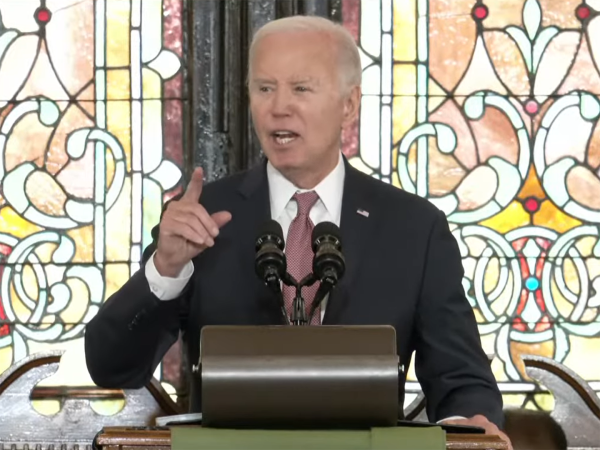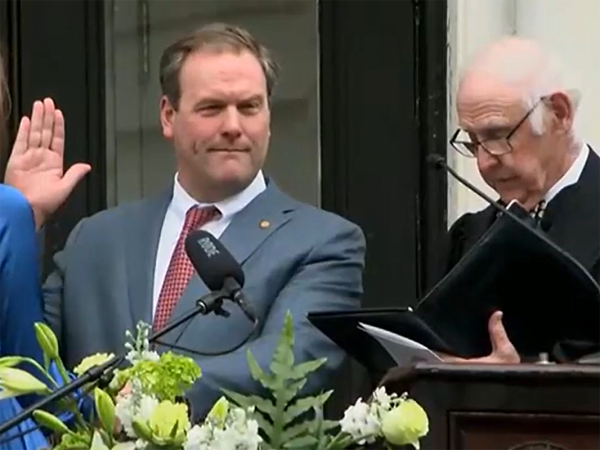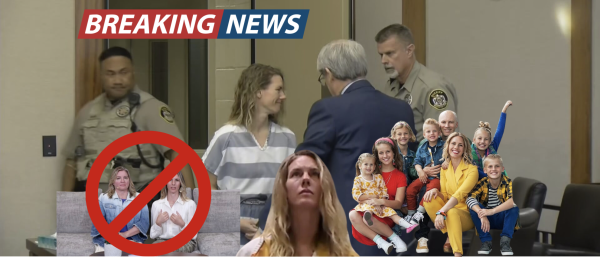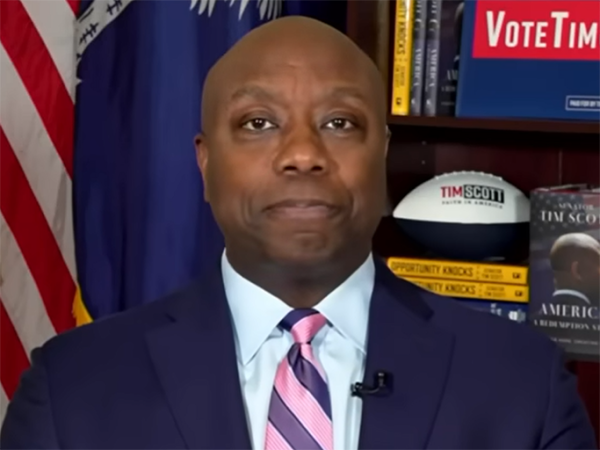Are stay-at-home orders constitutional?
Protestors challenge Governors’ mandates
In the past few weeks, local, state, and national governments have been scrambling to put in place the proper laws to help the public during this pandemic. But as millions are put out of work and forced to change many aspects of their daily lives, protests have begun to spring up around the country, calling on their governors to lift restrictions and open back up the economy.
The main cry of protesters is that stay-at-home orders and the closing of nonessential businesses is “unconstitutional” and “Not American”. But is it? While something can’t necessarily be determined “Not American,” the constitution does have a word on what and what isn’t allowed.
This is not a free country anymore — Kentucky Protestor
The majority of these protests have taken place in the state of Kentucky, where angry residents surrounded the capitol building and blocked the streets with vehicles. Police quickly arrived in an attempt to disperse the non-permitted crowds, but had little success. The last few days have seen similar crowds gather around other states’ capitol buildings and even death threats to several Governors.
State restrictions can be challenged on the basis that they are overly broad or do not properly weigh restrictions against accepted health data. For example, an unconstitutional restriction would be if a state said no citizens could go outside for any reason, or if it was still in practice while zero cases have been reported. To avoid this, states have past specific rules outlining which types of businesses are essential and have the option to stay open and which are required to close, the reason cited being the potential growth of a disease that can harm the general public. According to all credible constitutional law experts, this is completely legal.
In Michigan however, the restrictions have been proved to be too broad, an act of state overreach. The state’s order did not include an expanded list of essential businesses like most did, and gave vague allowance of when residents would be able to leave while threatening police action. The combination of these two major issues caused the Michigan State Legislator to not provide an extension to the Governor’s mandate, an issue still in hot debate. Many residents also plan to sue.
In summary, states have the constitutional right to issue stay-at-home orders and close businesses, as long as they follow a few simple rules. While inconvenient and frustrating, these rules are not a violation of personal freedoms and most definitely not fascism. In fact, they strive to accomplish what the Government states is goal is: to ensure the safety and happiness of all Americans.












